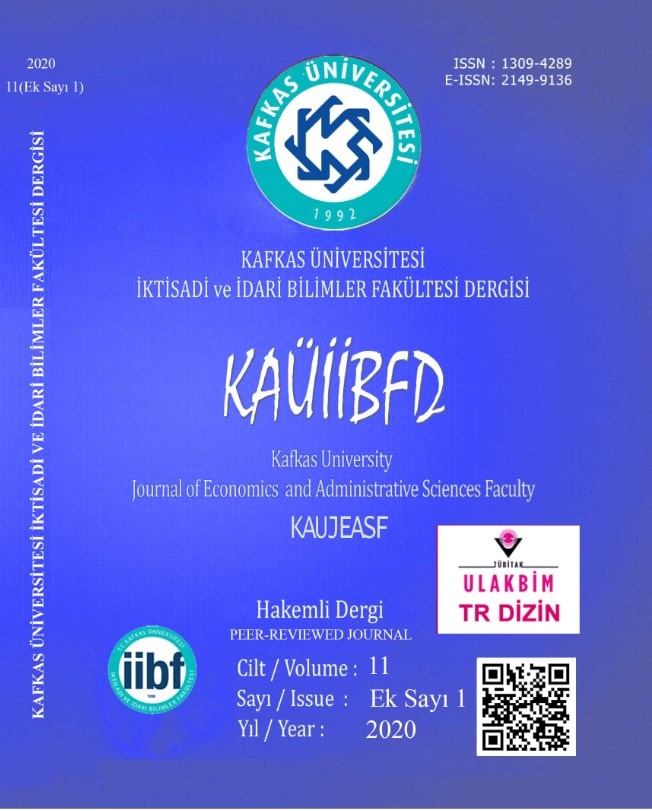İSLAM KENTİ: ELEŞTİREL BİR DEĞERLENDİRME
ISLAMIC CITY: A CRITICAL EVALUATION
Author(s): Ülke Evrim UysalSubject(s): Islam studies, Environmental and Energy policy, Social Theory, Rural and urban sociology, Environmental interactions
Published by: Kafkas Üniversitesi Sağlık, Kültür ve Spor Daire Başkanlığı Dijital Baskı Merkezi
Keywords: Islamic City; Max Weber; Orientalism; Self-Orientalism; Urbanisation;
Summary/Abstract: The relationship between Islam and the city can be easily grasped as Medinacentred Islamic state and its successors adopted a city-oriented civilization. Nevertheless, early urban studies focused on European cities and neglected non-European settlements; this hindered analyses of Islamic cities. After Weber’s the City, Euro-centrism dominated the field of urban studies. Cities of ‘the East’ were ignored due to the ‘lack’ of political autonomy and civil society. Furthermore, Weber defined these cities as monolithic settlements without any autonomy or urban identity. This paved the way for a concept of Islamic City, which is essentially Weberian and Self-Orientalist. Some researchers looked for Islamic counterparts of Weber’s categories, claiming that Islamic cities also possessed physical environment and autonomous institutions of European cities, so they did not actually rejected Weber’s Euro-centrism. This study emphasizes the close relationship between Islam and urbanization and comparatively evaluates both Orientalist and Self-Orientalist approaches of ‘Islamic city’.
Journal: Kafkas Üniversitesi İktisadi ve İdari Bilimler Fakültesi Dergisi
- Issue Year: 11/2020
- Issue No: Suppl. 1
- Page Range: 386-402
- Page Count: 17
- Language: Turkish

